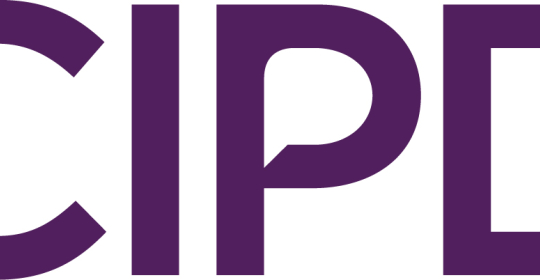New research launched today by Working With Cancer reveals that many HR managers are ill-equipped to navigate the complexities of cancer and long-term health issues in the workplace. 96% of respondents reported that their companies do not have cancer specific policies and only 18% reported collecting data on the number of employees with a cancer diagnosis.
Working With Cancer’s report was produced in conjunction with the Institute for Employment Studies (IES) and found that, of those surveyed, 78% stated their line managers had not received training on how to support employees living with cancer. 48% of respondents expressed concern about line managers saying the wrong thing, and 31% lacked confidence in the ability of their line managers to have difficult conversations.
Only half (54%) of respondents knew about the Access to Work scheme and a quarter (25%) reported a lack of understanding of disability legislation.
Although a range of employee benefits were offered by organisations (those most common included flexible work (93 %), employee assistance programmes (88%) and referrals to Occupational Health (80%)), there were inconsistencies in how these were communicated which could delay an employee’s access to timely support. However, access to physiotherapy (40%), health-related coaching (27%) and vocational rehabilitation (10%) were limited, although these can be more effective in helping employees living with cancer to return successfully to work.
Barbara Wilson, founder and director of Working With Cancer, said: “In 2018, in the UK, there were an estimated 890,000 working age individuals living with cancer; that number is likely to be one million now. In light of this, it is unacceptable that businesses are not doing more to better prepare their employees. Putting in place clear policies and practices for those diagnosed with cancer will provide essential clarity and significantly ease their transition back to work.”
Dr Zofia Bajorek, Senior Research Fellow at IES who led the research, said: “Although the research identified pockets of good practice, it also highlighted clear gaps in management capability and employee support. Well-managed work can have therapeutic benefits for employees affected by cancer, and it is crucial that organisations implement best practice to ensure employees can return to work environments in which they are able to thrive.”
Barbara concludes “The research has shown that although many organisations are demonstrating areas of good practice, too many still do not take into account the specific needs of the increasing number of employees working with cancer. Too many organisations do not yet provide adequate information, training and support to their HR and line management teams. This is not difficult to achieve but it needs leadership and the will to make it happen.”
Improving Employer Support for Those Working With Cancer: The Bevan Report calls for organisations to develop specific cancer policies, provide training for HR and line managers and review current employee benefits to better support employees with long-term health conditions.
Survey background:
A total of 204 respondents consented to take part in the survey. The average length of time that respondents had worked in HR or undertaken HR responsibilities was 16-25 years, and they had been in their current position on average between 3-10 years.
64% of respondents worked in the private sector, with 22% from the public sector organisations and 13% from the non-for-profit sector.






